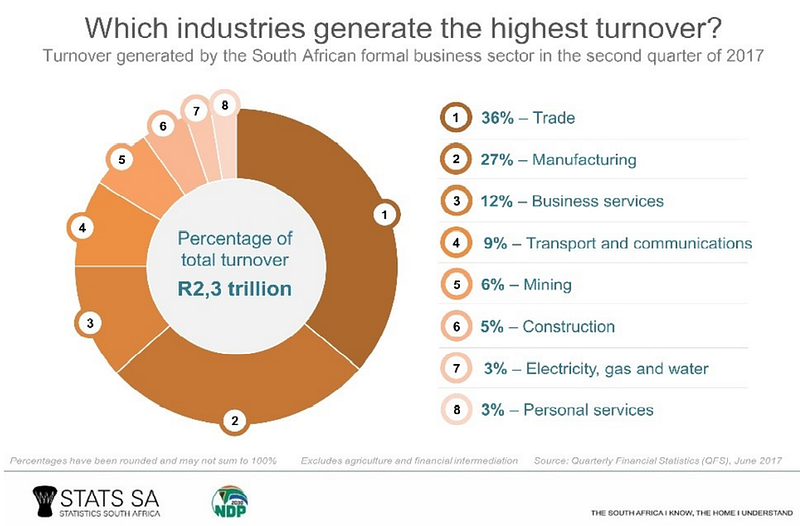SMEs Are Lifeblood of the South African Economy
With a staggering 98 percent of the total number of businesses in South Africa, small and medium-sized enterprises (SMEs) have been described as the lifeblood of the country’s economy. The fact that SMEs also employ between 50 and 60% of the country’s workforce and are responsible for a quarter of the job growth in the private sector means they truly are the backbone of the South African economy, so says a new report from McKinsey.

Yet the SMEs have been at the receiving end of the brunt of the COVID-19 pandemic. Lockdown regulations have wreaked havoc, with the cash flows essential to sustaining smaller businesses completely drying up in some instances. Tragic stories of once-thriving businesses having to close their doors litter the financial landscape, and certainly, the virus could not come along at a worse time for owners already grappling with a precarious economy prior to its arrival.
Read also:Gijima Acquires South Africa’s T-system
But there has also been a significant silver lining. Despite questions over the country’s technological capability, thousands of small businesses have found ways to maximise the digital space to not only weather the storm but thrive in one of the most challenging trade climates in history. They have done so by recognising the potential of successful eCommerce.
“Digital and new technologies create an opportunity for SMEs to enhance their reach and efficiency at lower costs, overcoming the scale disadvantage they have relative to larger players. SMEs can focus on key areas of competitiveness in their value chain, product, and or operations and identify the best technology levers to enhance competitiveness.”
Read also:Newly Funded Cameroonian Media Startup StarNews Enters Nigeria, Launches Incubator In South Africa
Confirming this is Bidorbuy’s CEO, Craig Lubbe who says that there are thousands of active SMEs using the platform each month.
“Many of these businesses have been attracted to the online world out of necessity due to lock-down restrictions. This has opened up our platform to wonderful diversity in both product offering and the individuals behind it all.”
There is no doubt in his mind that South Africans have undergone a form of “digital transformation” with the arrival of COVID-19. Schools and other places have already made the transition and “this includes businesses too”.
Read also:Startups and SMEs In Cameroon To Benefit From Proparco’s $5.5m Loan Guarantee Scheme.
“Many businesses have had their first experience in online trade in the past year and most have realised there is nothing mystical or difficult about it. These businesses have opened up their offering to more than just local trade and will likely benefit immensely as more and more South Africans move to shop online.”
Kelechi Deca

Kelechi Deca has over two decades of media experience, he has traveled to over 77 countries reporting on multilateral development institutions, international business, trade, travels, culture, and diplomacy. He is also a petrol head with in-depth knowledge of automobiles and the auto industry























